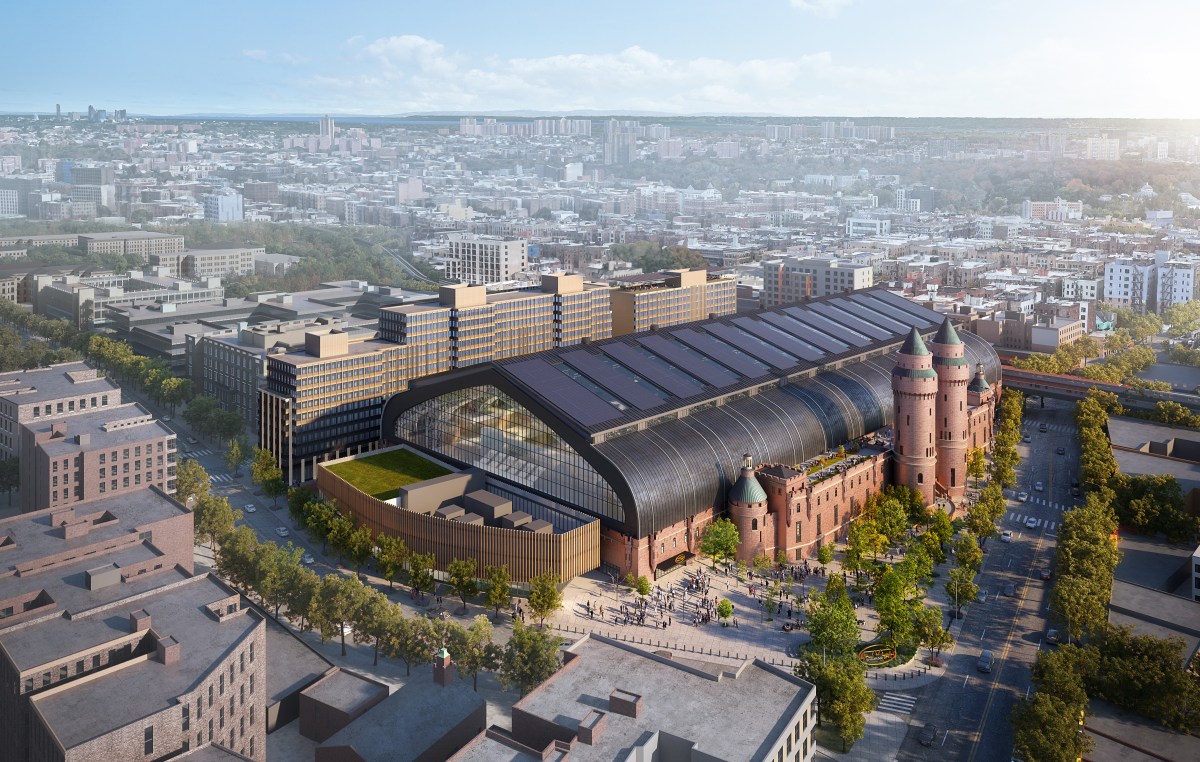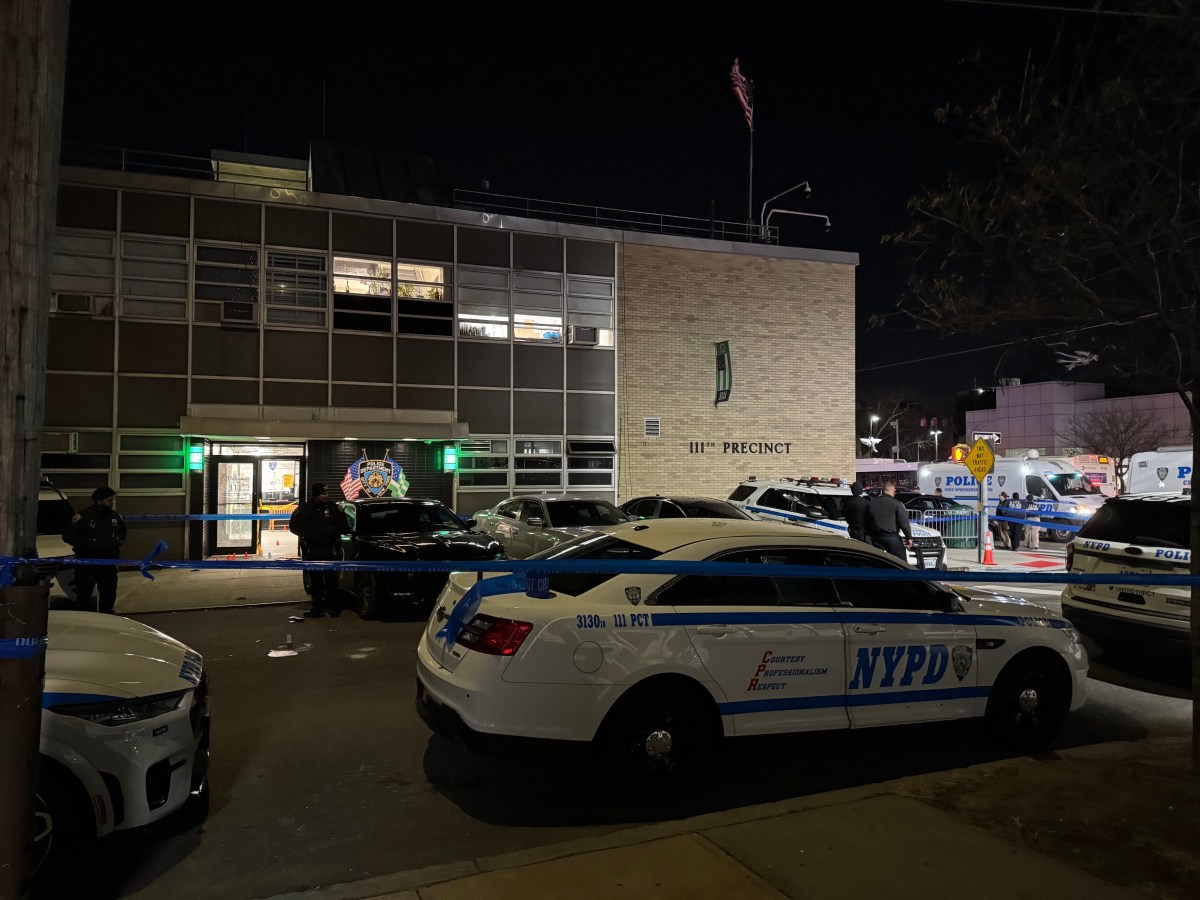The City Planning Commission on Wednesday voted to advance a suite of zoning changes being pushed by Mayor Eric Adams aimed at making it easier for small businesses to operate in the five boroughs.
Given the vote, the proposed zoning changes, dubbed the “City of Yes for Economic Opportunity,” will now go before the City Council for final approval. The council will hold a public hearing and vote in the coming months.
The zoning text amendment includes 18 proposed changes to current zoning rules designed to fill vacant storefronts, an increasingly common sight across the city. The changes would allow businesses to open and expand into spaces where they are not currently allowed.
Before voting to approve the plan during a Wednesday CPC meeting, commission chair and Department of City Planning Director Dan Garodnick called the plan a “truly momentous step forward” for small businesses in the Big Apple. Garodnick added the current zoning rules governing small businesses are “laughably outdated,” as they haven’t been updated in six decades.
“For too long New York City’s entrepreneurs, mom and pops and commercial corridors have been held back by outdated zoning rules,” Garodnick said. “City of Yes for Economic opportunity will bring these rules into the 21st Century so they foster vibrant neighborhood corridors and streetscapes, bolster flexibility, update outdated zoning rules and boost growing businesses across our commercial and industrial sectors.”
The plan contains proposals like allowing what are known as “clean manufacturing” businesses — which include small producers like microbreweries and apparel makers — to operate in commercial districts; expanding the number of businesses that can operate on upper floors of buildings; permitting indoor agriculture in commercial areas; and authorizing new corner businesses like bodegas to open in residential zones. Additionally, the changes would allow life sciences labs to expand near hospitals and end rules that prevent activities like dancing and comedy in certain commercial areas.
The plan was not universally embraced by the city’s 59 community boards, with 32 of them voting against it. The boards also offered a number of concerns during the process that prompted changes ultimately incorporated into the final plan, according to Garodnick.
For example, in response to concerns that allowing more businesses on upper floors would take away from residential space, Garodnick said, the commission modified the proposal to make sure spaces currently occupied by homes could not be converted to commercial space.
But some commissioners still raised concerns about the potential impacts of the measure. Commissioner Gail Benjamin, who voted for the proposal, said she is worried about commercial “incursions” into residential areas.
Specifically, Benjamin said she is concerned about residential and commercial tenants using the same air and water systems, considering they have different needs for those systems, and about building security. If they were voting on each of the 18 proposals separately, she said, she would vote against those pertaining to the mix of residential and commercial.
“But all of them are combined into one package and I find things in the package that are useful and desirable, so I am going to cast a vote for ‘yes’ with the hope that somewhere along the line someone will look at how these businesses really operate,” Benjamin said.
The “Economy Opportunity” plan is one of three proposed zoning text amendments the mayor is seeking to enact. One measure, the “City of Yes for Carbon Neutrality,” was enacted late last year and the other, the “City of Yes for Housing Opportunity,” is currently being reviewed by the public.
Read more: High School Teacher Arrested for Child Pornography Possession




































